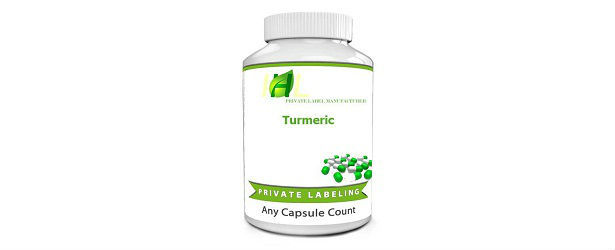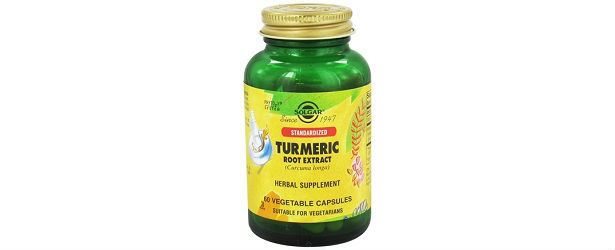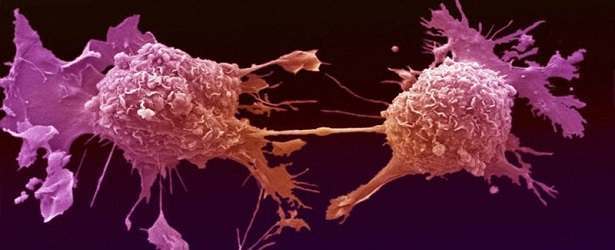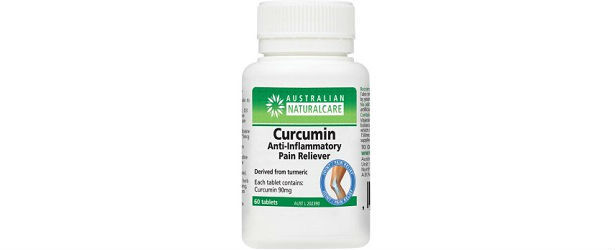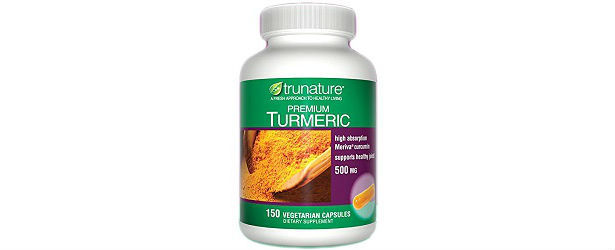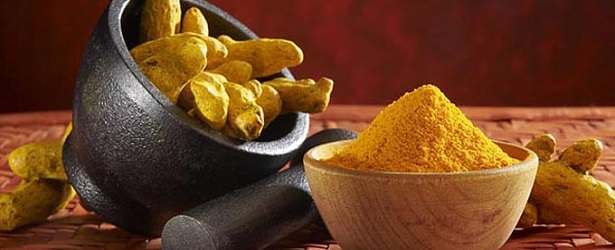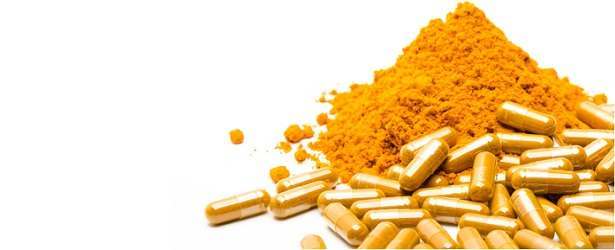
Why Turmeric is Superior to Medications
Scientific research has discovered well over 300 active ingredients in Turmeric that have powerful effects on the body. In fact, organic Turmeric is a very potent herb with a vast number of health benefits. Turmeric is considered to be the greatest of all herbs by some practitioners. In Ayurveda, the practice of traditional Indian medicine, turmeric is prescribed for just about everything — from cuts and grazes, to respiratory ailments, liver disease, gas, bloating, digestive illness, the heart, as an anti-septic and more. The active ingredients in Turmeric — Curcuma longa — are a group of plant substances called curcuminoids. Through its antioxidant mechanisms, curcumin supports colon health, exerts neuroprotective activity and helps maintain a healthy cardiovascular system.
A great deal of research has even reported that using curcumin is more advantageous than prescription drugs. When examining the research, turmeric benefits extend beyond that of these 10 drug/types of drugs:
 Anti-inflammatory drugs
Anti-inflammatory drugs- Anti-depressants (Prozac)
- Chemotherapy
- Anti-coagulants (Aspirin)
- Pain killers
- Diabetes drugs (Metformin)
- Arthritis medications
- Inflammatory bowel disease drugs
- Cholesterol drugs (Lipitor)
- Steroids
Now let’s look closer at Turmeric benefits and why medications often pale in comparison to Turmeric when it comes to reversing disease. Remember that one of the most powerful advantages curcumin has over traditional medical approaches is the lack of side effects.
1. Anticoagulants/Antiplatelets
In addition to common side effects like bleeding, the risks associated with anticoagulants include everything from back pain to headaches to difficulty breathing. Turmeric, has no known side effects.
2. Anti-depressants
 Turmeric is especially effective in easing depression in laboratory animals. At this time it is only recommended to treat mild depression.
Turmeric is especially effective in easing depression in laboratory animals. At this time it is only recommended to treat mild depression.
3. Anti-inflammatories
Turmeric is an excellent anti-inflammatory. In fact, curcumin, is among the most effective anti-inflammatory compounds in the world. .
4. Arthritis management
A study was conducted on 45 rheumatoid arthritis patients to compare the benefits of curcumin in turmeric to arthritis drugs (diclofenac sodium). The curcumin group showed the highest percentage of improvement in overall scores.
5. Cancer treatment
In the words of global authorities like Cancer Research UK,
A number of laboratory studies on cancer cells have shown that curcumin does have anticancer effects. It seems to be able to kill cancer cells and prevent more from growing. It has the best effects on breast cancer, bowel cancer, stomach cancer and skin cancer cells. A 2007 American study that combined curcumin with chemotherapy to treat bowel cancer cells in a laboratory showed that the combined treatment killed more cancer cells than the chemotherapy alone.
6. Diabetes management
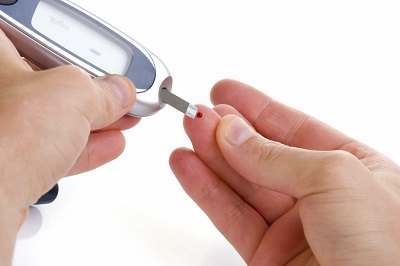 Turmeric is excellent for lowering blood sugar and increasing insulin resistance.
Turmeric is excellent for lowering blood sugar and increasing insulin resistance.
In 2009, Biochemistry and Biophysical Research Communications published a study out of Auburn University that explored how supplementing with turmeric can help reverse diabetes.
7. Gastrointestinal treatments
Many IBS, Crohn’s disease, and Ulcerative Colitis patients were able to stop taking their prescribed corticosteroids because their condition improved so dramatically by taking curcumin.
8. Cholesterol regulators
A study done by Drugs in R & D found that curcumin was equal or more effective than diabetes medications at reducing oxidative stress and inflammation in the treatment of high cholesterol.
9. Painkillers
One of the more widely accepted properties of curcumin in scientific communities is its ability to manage pain. The trend is quite clear at this point. Therapeutic use of turmeric and other curcumin-rich plants are displacing conventional medical treatments.
10. Steroids
Turmeric benefits the many conditions normally treated by corticosteroids such as:
- Psoriasis
- Lupus
- Rheumatoid arthritis
- Scleroderma
- Chronic pain
 Turmeric Side Effects
Turmeric Side Effects
A slim number of people have reported allergic reactions to turmeric, especially after skin exposure. High doses of turmeric may cause:
- Diarrhea
- Increased risk of bleeding
- Increased liver function tests
- Hyperactive gallbladder contractions
- Hypotension (lowered blood pressure)
- Uterine contractions in pregnant women
- Increased menstrual flow
TOP 5
TURMERICSupplements |
|||||
| Turmeric Curcumin Premium | NutriDosha | Source Naturals Turmeric | Sandhu's Curcumin C3 Complex | EverPure Turmeric Curcumin | |
|---|---|---|---|---|---|
| 1 | 2 | 3 | 4 | 5 | |
| Price (1 bottle) Price (6 bottles) Best Value |
$48.00 $138.00 |
$37.50 $225.00 |
$34.50 $207.00 |
$29.95 $179.70 |
$24.47 $146.82 |
| Overall Rating | 99.50% | 84.30% | 81.00% | 73.50% | 69.50% |
| Effectiveness |





|





|





|





|





|
| Speed of Results | Extremely Fast | Good | Good | Average | Average |
| Quality of Ingredients | Premium | Good | Average | Average | Average |
| Customer Satisfaction Evaluation | 99.20% | 86.30% | 81% | 73% | 70.30% |
| Safety Evaluation | Safe for Use | Safe for Use | Safe for Use | Safe for Use | Safe for Use |
| Customer Service Rating |





|





|





|





|





|
| Reorder Rate | Highest | Good | Good | Average | Average |
| Return Policy | Risk Free | No | Unclear | No | Unclear |
| Success Rate | 99.40% | 86.20% | 81% | 74.50% | 69% |

 Subscribe Now
Subscribe Now





